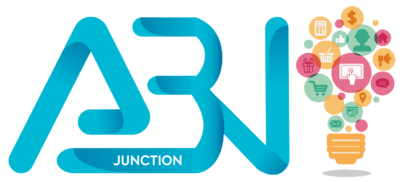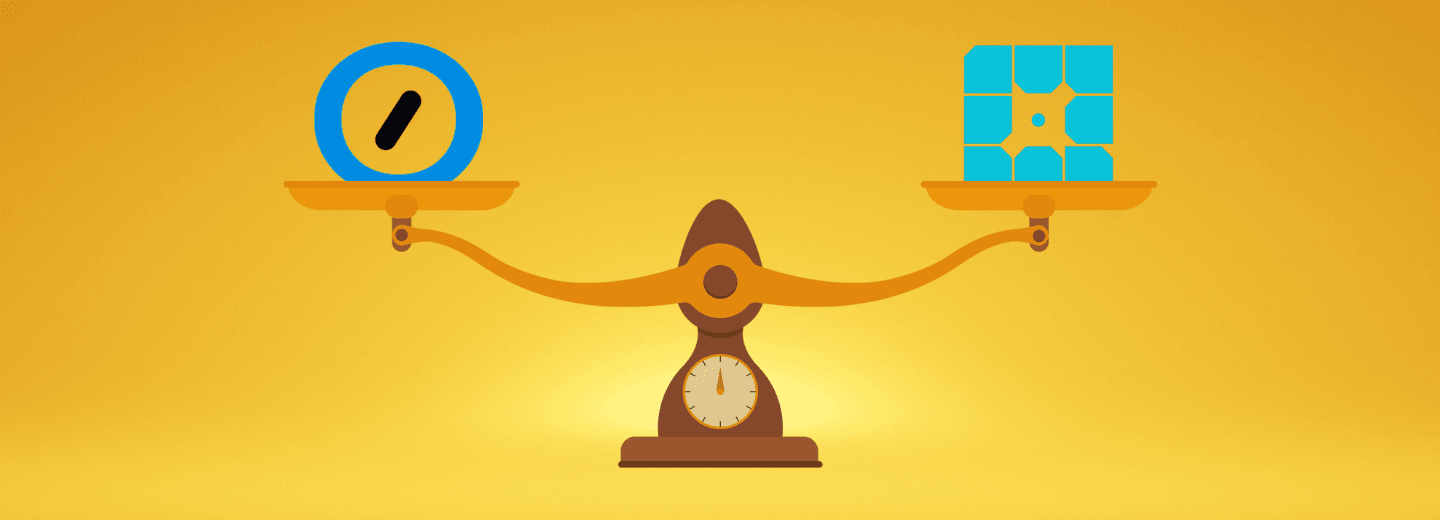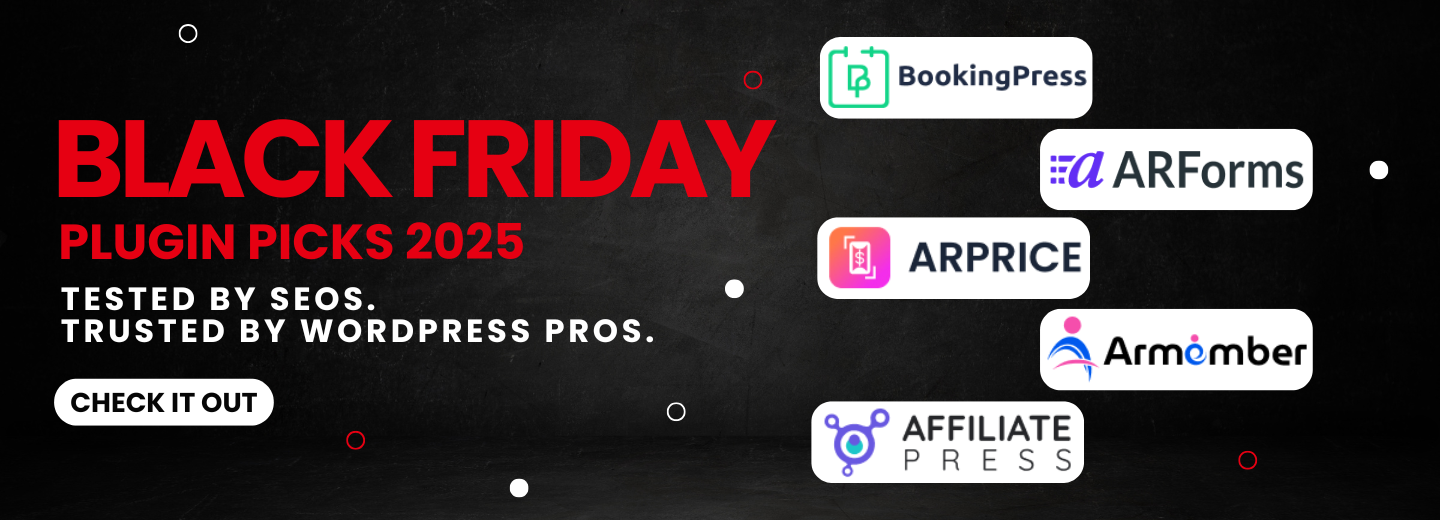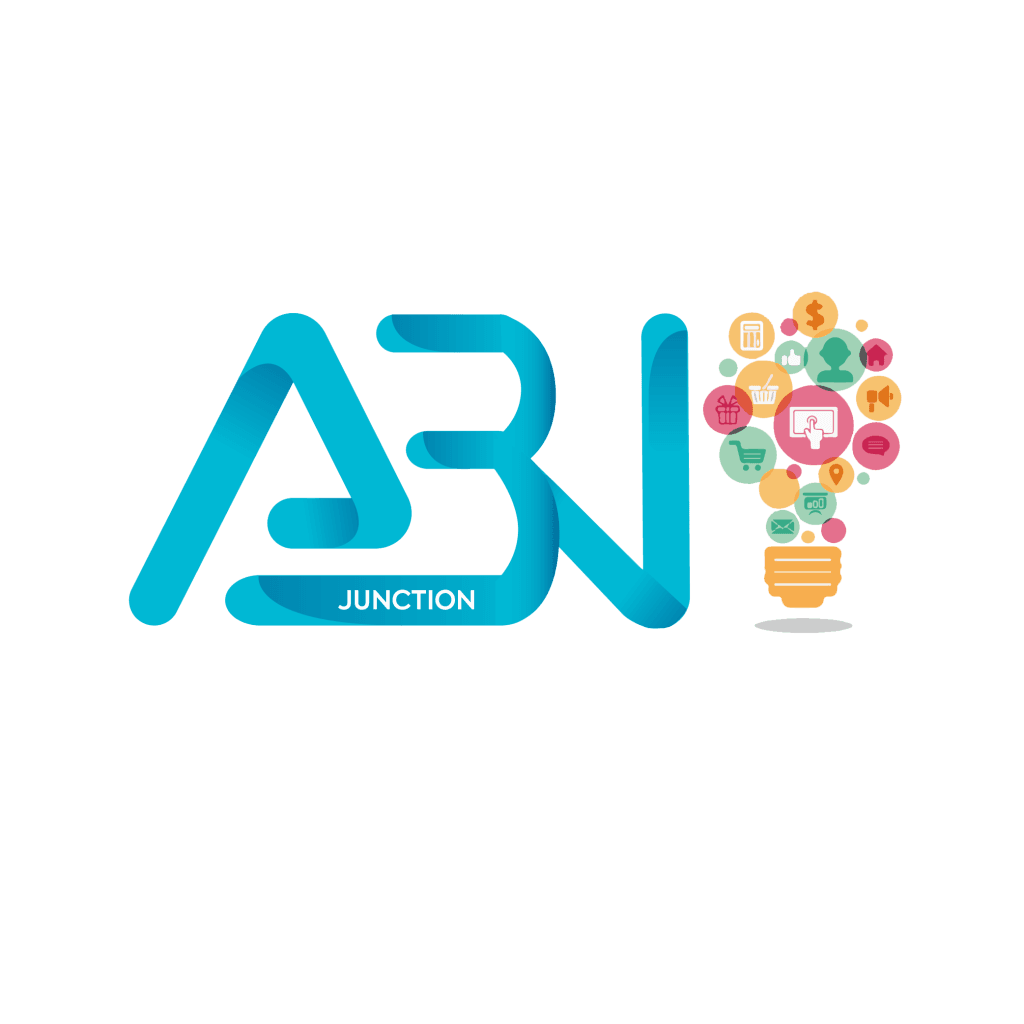The WordPress community has found itself in the midst of a heated legal dispute between WP Engine and Automattic, led by Matt Mullenweg. This conflict, which centers around access to the WordPress.org open-source repository, has captured the attention of developers and website owners alike. Let’s unpack the intricacies of this dispute and its potential ramifications for the broader WordPress ecosystem.
The Root of the Dispute
The controversy ignited when Matt Mullenweg, co-founder of WordPress and CEO of Automattic, took action against WP Engine by blocking their access to the WordPress.org repository. This move effectively hindered WP Engine’s ability to update their widely-used Advanced Custom Fields (ACF) plugin. Mullenweg’s decision was driven by allegations that WP Engine was exploiting the WordPress trademark for commercial gains while not contributing adequately to the open-source community.
WP Engine’s Legal Response
In retaliation, WP Engine filed a lawsuit against Automattic and Mullenweg, seeking a preliminary injunction to restore their repository access. WP Engine’s argument is built on claims that Mullenweg’s actions are causing immediate and irreparable harm to their business and to the millions of websites that rely on their ACF plugin. The injunction aims to ensure that WP Engine can continue to provide critical updates and security patches to their users.
Key Points of Contention
Trademark Usage and Fair Use:
- Mullenweg has accused WP Engine of using the WordPress trademark in ways that could mislead users into thinking there is an official endorsement.
- WP Engine maintains that their usage is protected under fair use and is crucial for their business operations.
Repository Access:
- Blocking access to the WordPress.org repository has significant implications. WP Engine’s inability to push updates compromises the security and functionality of websites using their plugin.
- The legal filing by WP Engine underscores the urgency of restoring access to mitigate potential harm to their customer base.
Community Contributions:
- One of Mullenweg’s main criticisms is that WP Engine benefits significantly from the WordPress ecosystem without giving back proportionately to the open-source project.
- WP Engine disputes this claim, arguing that their contributions, though not always visible, are substantial and meaningful.
Implications for the WordPress Community
The dispute between WP Engine and Automattic is more than just a legal battle; it reflects deeper issues within the open-source community. The following are potential implications for WordPress users and developers:
Plugin Security and Functionality:
- The inability of WP Engine to update the ACF plugin could expose users to security risks and hinder the performance of their websites.
- Users relying on the ACF plugin need to stay vigilant and consider alternative solutions or temporary workarounds to ensure site security.
Open-Source Governance:
- This conflict raises questions about how open-source projects should be governed and the role of for-profit entities within such ecosystems.
- The balance between commercial interests and community contributions is delicate and must be navigated carefully to maintain the integrity of the project.
Legal Precedents:
- The outcome of this legal dispute could set important precedents for how trademark issues and repository access are handled within open-source projects.
- Other companies and developers within the WordPress ecosystem will be watching closely, as the resolution could influence future interactions and conflicts.
Community Reaction
The WordPress community’s reaction has been mixed. Some developers and users support Mullenweg’s stance, agreeing that WP Engine should contribute more visibly to the open-source project. Others are critical of the centralization of power and fear that such actions could stifle innovation and collaboration within the community.
The Bigger Picture
Beyond the immediate conflict, this drama highlights the complexities of managing a platform as extensive and influential as WordPress. The tension between commercial entities and the open-source ethos is not new, but it is becoming increasingly prominent as the WordPress ecosystem grows.
Ethical Considerations:
Ethical considerations around contribution and exploitation are at the heart of this dispute. The community must grapple with how to ensure fair contributions from all beneficiaries of the platform.
Sustainability of Open-Source Projects:
Ensuring the sustainability of open-source projects requires balancing the needs and contributions of various stakeholders, including individual developers, large companies, and nonprofit organizations.
Future Collaborations:
The resolution of this conflict could pave the way for new frameworks and guidelines for collaboration within the WordPress ecosystem, ensuring that contributions and benefits are fairly distributed.
Moving Forward
As the legal battle unfolds, it is crucial for WordPress users and developers to stay informed and proactive. Here are some steps to consider:
Stay Updated:
Follow updates from both WP Engine and Automattic to understand how the situation evolves and its potential impact on your projects.
Evaluate Security Measures:
Regularly review and update your website’s security measures, especially if you rely on the ACF plugin or other WP Engine products.
Explore Alternatives:
Consider exploring alternative plugins or solutions that can provide similar functionalities without the current uncertainties associated with WP Engine.
Contribute to the Community:
Engage with the WordPress community through forums, contributions, and discussions to help shape the future of the platform in a positive direction.
Final Thoughts
The ongoing drama between WP Engine and Matt Mullenweg is a testament to the complexities of managing a large, diverse, and collaborative open-source project like WordPress. While the immediate impacts of the conflict are significant, the broader implications for governance, collaboration, and ethical considerations within the open-source community are even more profound.
As we navigate through this turbulent period, it’s essential to remember the core values that make WordPress a powerful and inclusive platform: collaboration, innovation, and a commitment to open-source principles. By staying informed, contributing positively, and advocating for fair practices, the WordPress community can emerge stronger and more resilient.
Visit our blog page for more useful tech-related content and stay up-to-date on all WordPress news.














